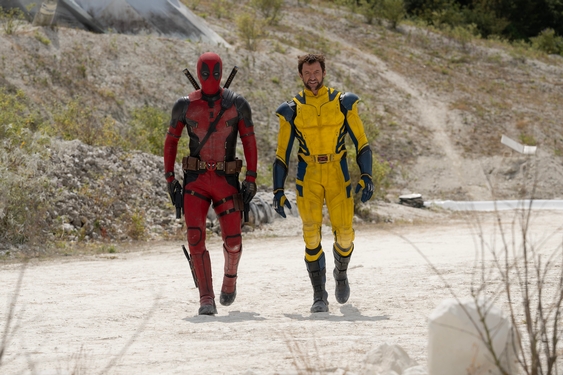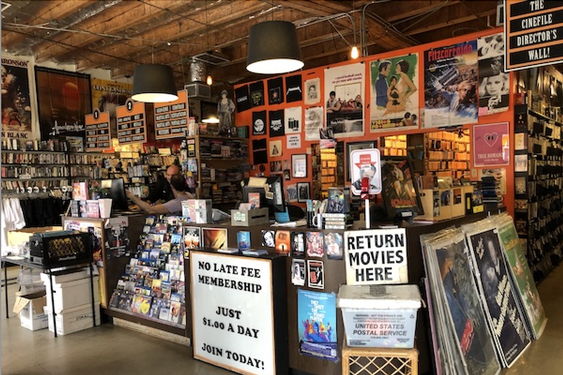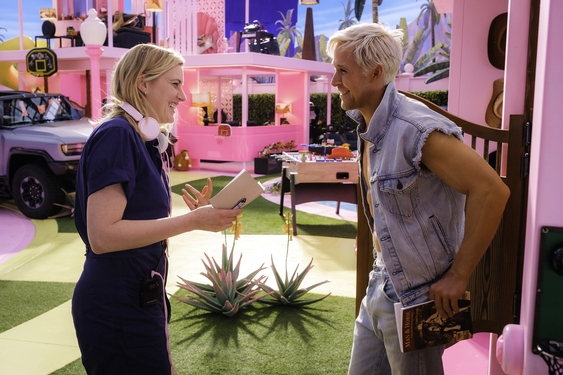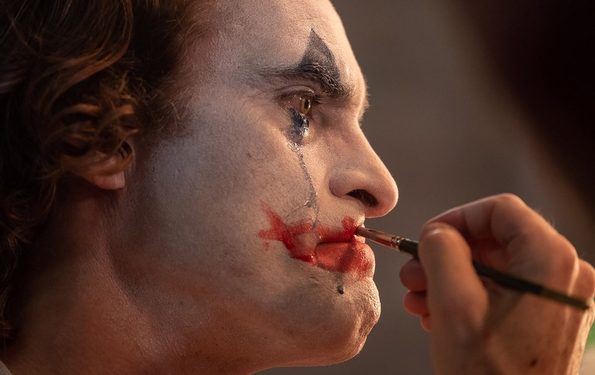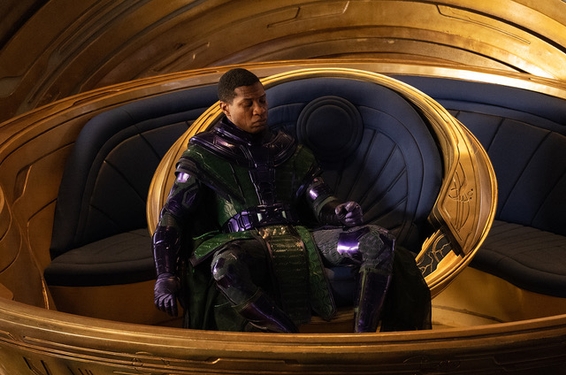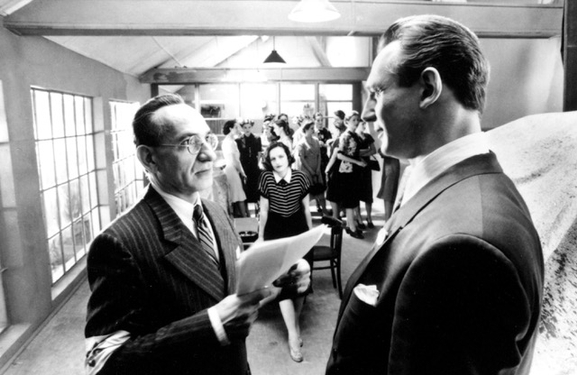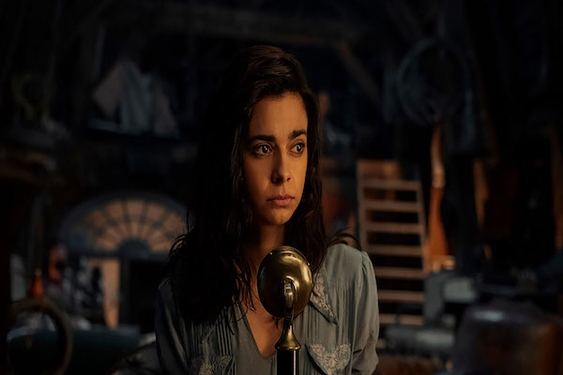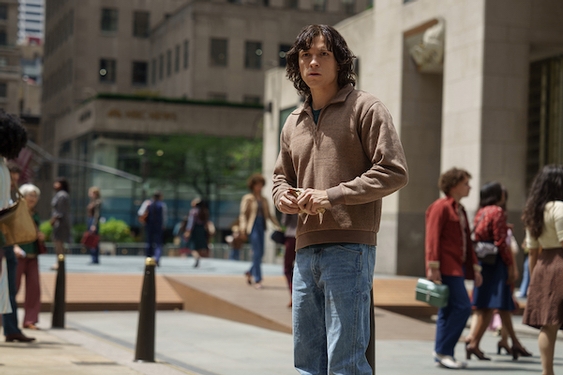However, recent directors are building on a long tradition of filmmaking that stemmed from the 1950s and the “Golden Age of Korean cinema.” Korean Cinema Now (and Then) is an exploration of modern Korean cinema and the influential old films that shaped these movies.
This film tour, of sorts, kicked off with the 1958 movie A Flower in Hell by Shin Sang-ok on Jan. 18. A Flower in Hell shocked audiences with its dark story about two brothers clashing over a prostitute in the midst of black market corruption and American military presence in a post-war and nearly impoverished Seoul.
The series of movies continued on Jan. 20 with a very modern double feature consisting of The City of Violence (2006) by Ryoo Seung-wan and Barking Dogs Never Bite (2000), Bong Joon-ho’s debut film. In The City of Violence, a police detective returning to his hometown to attend a funeral finds himself in the midst of a conspiracy involving former classmates. Before his hit The Host, Bong Joon-ho directed Barking Dogs Never Bite, a dark comedy about what happens when good neighbors go bad. In the film, a college lecturer is driven to extremes by an incessantly yapping dog on his street.
These modern films are contrasted on Jan. 23 by two older films, The Marines Who Never Returned (1963) and Wildflowers on the Battlefield (1974), both directed by Lee Man-hee. The films probe the Korean War and between battles and the small actions that help the soldiers retain their humanity.
On Jan. 26, Woman on the Beach (2006) by Hong Sang-soo and Driving With My Wife’s Lover (2006) by Kim Tai-sik juxtapose the war-focused films with stories of love. Woman on the Beach centers on Joong-rae, a successful film director with writer’s block. He travels to a seaside resort for a little quietude and maybe some inspiration, but ends up in romantic entanglements that attest to the subtle interplay between the sexes.
Driving With My Wife’s Lover places these relationships within a strange love triangle: a man goes on a cross-country road trip with his wife’s lover. The woman’s lover and husband develop a temporary friendship based on their shared adventure, through friendship can only go so far between a macho lover and a cuckold. Relationships between men and women become the latent subject in the volatile relationship between two men.
If You Were Me 2 (2005), showing on Feb. 3, is a collection of short films by five directors who tackle the topic of discrimination in Korea. The directors were granted total control, leading to fearless and provocative tales about some harsh but unspoken realities of society.
Our School (2007), directed by Kim Myung-jun, is one of the most successful Korean documentaries ever made. It’s about a school in Hokkaido, Japan whose Korean students ally themselves with North Korean ideals.
The series closes on Feb. 9 with Kim Dae-woo’s The Forbidden Quest (2006). The movie is a period drama that humorously juxtaposes the 18th-century Chosun Dynasty’s austere Confucian governance with the erotic arts and literature that emerged alongside it.
Ranging from old to new, history to romance, these movies will let you dip your foot into the immense pool of Korean cinema and the quirky, moving and often-powerful stories they have to tell.
All movies will play at the Billy Wilder Theater located in the Hammer Museum near the UCLA campus. For more information, visit www.happenings.ucla.edu.




